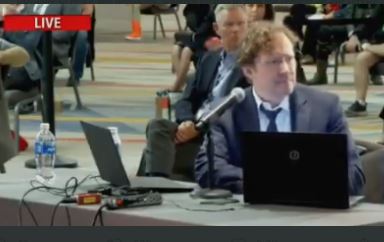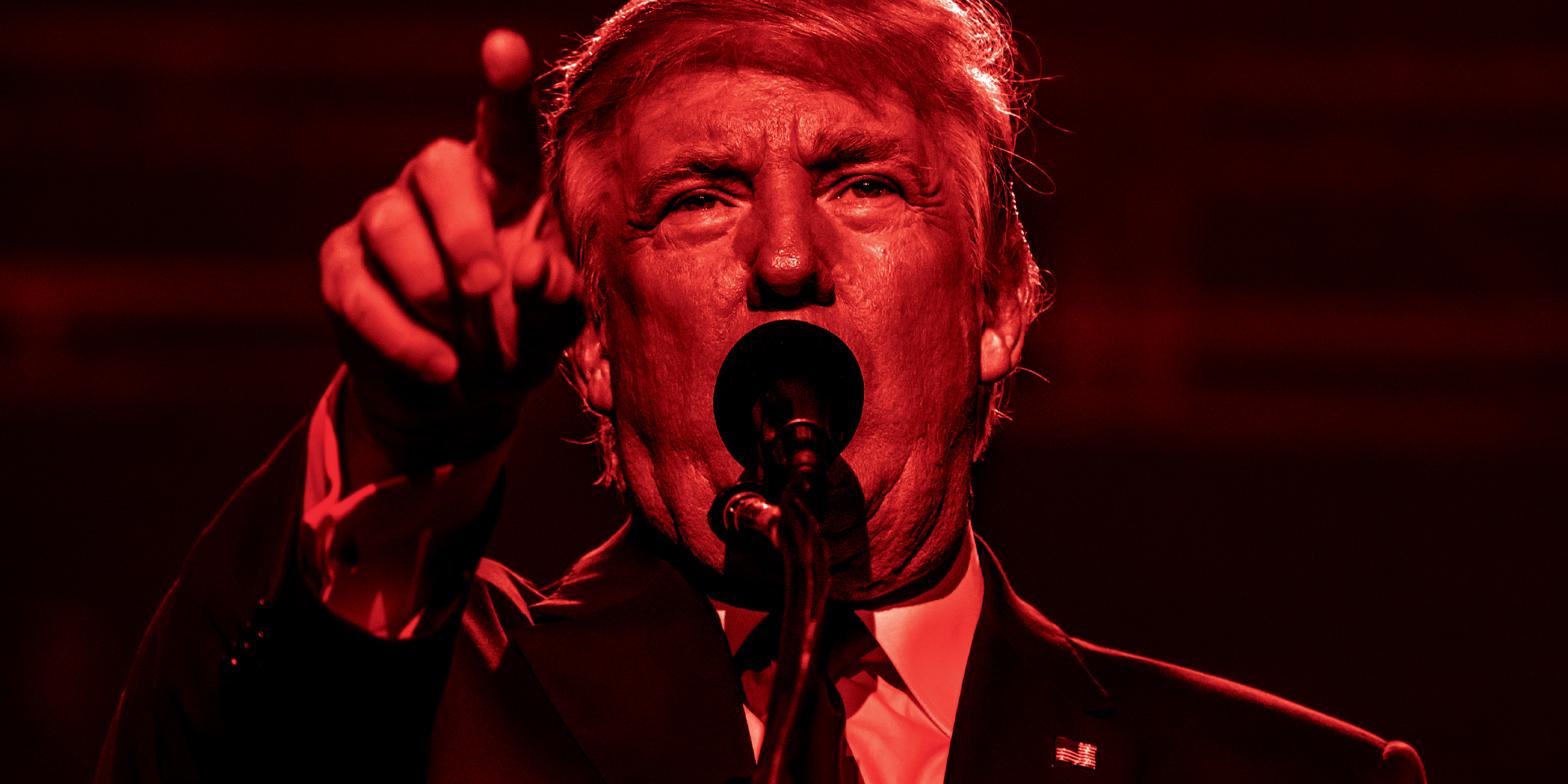https://truthout.org/articles/the-shocking-truth-about-election-rigging-in-america/
September 5, 2016 (after DNC rigged primary)
If there is anything positive to say about the 2016 elections, it’s that they have finally forced an end to the official denial of computerized election rigging. In the past month, the fact that our voting technology is a hacker’s paradise has been validated by no less than all the major TV news networks:
NBC,
ABC,
CBS,
Reuters,
The Washington Post,
The New York Times,
The Boston Globe,
The Atlantic,
USA Today,
The Hill,
The Guardian,
Mother Jones,
Politico, and a dozen other outlets.
Of course, the corporate media and political parties are now professing “shock” at the very prospect that US elections can be manipulated, and yes, even stolen.
Yet it has long been an open secret that game-changing races have been decided not by voters, but by insiders; from the presidential race of 1960, appropriated for John Kennedy by Democratic muscle in Chicago, to the two victories secured for George W. Bush by GOP fixers in
Florida and hackers in
Ohio. Among other
suspect elections in recent years are key Congressional races hijacked by combinations of voter suppression, gerrymandering, dark money and the ugly little secret of American elections: rigged voting machines.
---------------------------------------------------------------
Given all of the above, the most difficult hurdle in repairing the dysfunction and corruption in our voting system is not designing solutions, and it certainly isn’t proving the problem; the evidence is overwhelming.
Instead, the problem is that the press, the political parties, the elections establishment and even some fleeced candidates, have aligned in a policy of never questioning election results. Even when — or especially when — all signs point to criminal fraud.
Though candidates like Richard Nixon, Al Gore, John Kerry and even Bernie Sanders, had reason to call foul and challenge the results of their races — or at least question the processes — they all chose to remain silent and continue their political careers without willingly donning the albatross of “sore loser” status.
The rationale given is always an unwillingness to undermine a peaceful and stable transition of power. In the case of Sanders it was to preserve the gains made by progressives on climate and wages within the Democratic Party.
The press typically goes one step further in actively disparaging as “tin foil hatters” anyone who questions election results or claims they can be rigged. This necessarily includes not only actual conspiracy theorists, but also the technical experts, and even the government officials and candidates who have had the courage to speak out.
Over the years, these attacks have chilled public discussion and fostered the ultimate Orwellian myth that stolen elections “can’t happen here.” This is not only factually disproven, it simply flies in the face of our Republic’s history.
As chronicled in
“Deliver the Vote,” from George Washington onward, vote rigging has been as interwoven in the fabric of American culture as bank robbery. The two are alike in that both are high-stakes crimes with big pay-offs, and both have evolved with technology. Computers now allow for invisible cyber-heists of billions in cash. On a similar scale, thousands, even millions of electronic votes can be siphoned from one candidate to another through malicious internal coding in the voting software.
The standard defense from electronic voting proponents is that “no one has ever proven the elections are rigged.” Of course, that is the entire problem. We can’t prove it. The design of these “black box” systems prevents the detection of insider fraud. It’s the perfect crime.
Here is what we must remember:
It’s not the responsibility of voters or candidates to prove a non-transparent vote count was fixed. It’s the job of legislators and election officials to provide transparency and uphold basic standards of democracy, and it’s their failure to do so that’s truly shocking.
The nation’s 9,000 voting jurisdictions and 50 states need ironclad, uniform standards for non-partisan election oversight, ballot security and counting transparency, and a final end to paperless and privatized voting.




www.patheos.com



